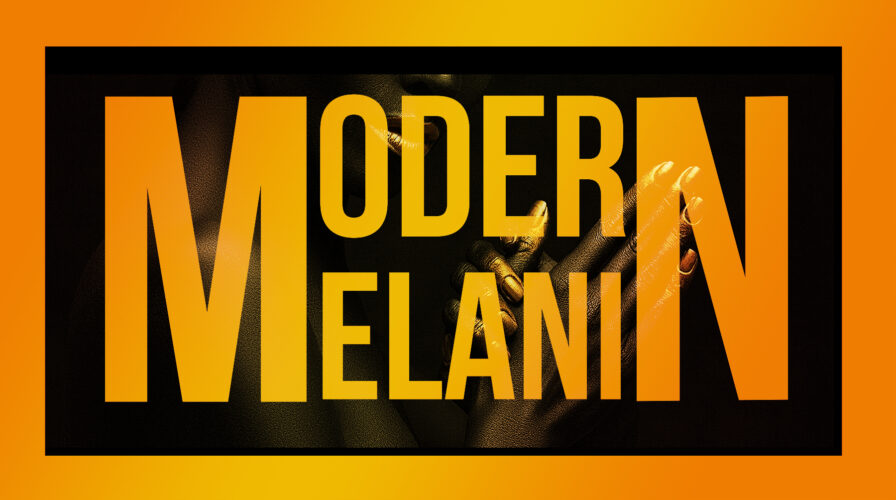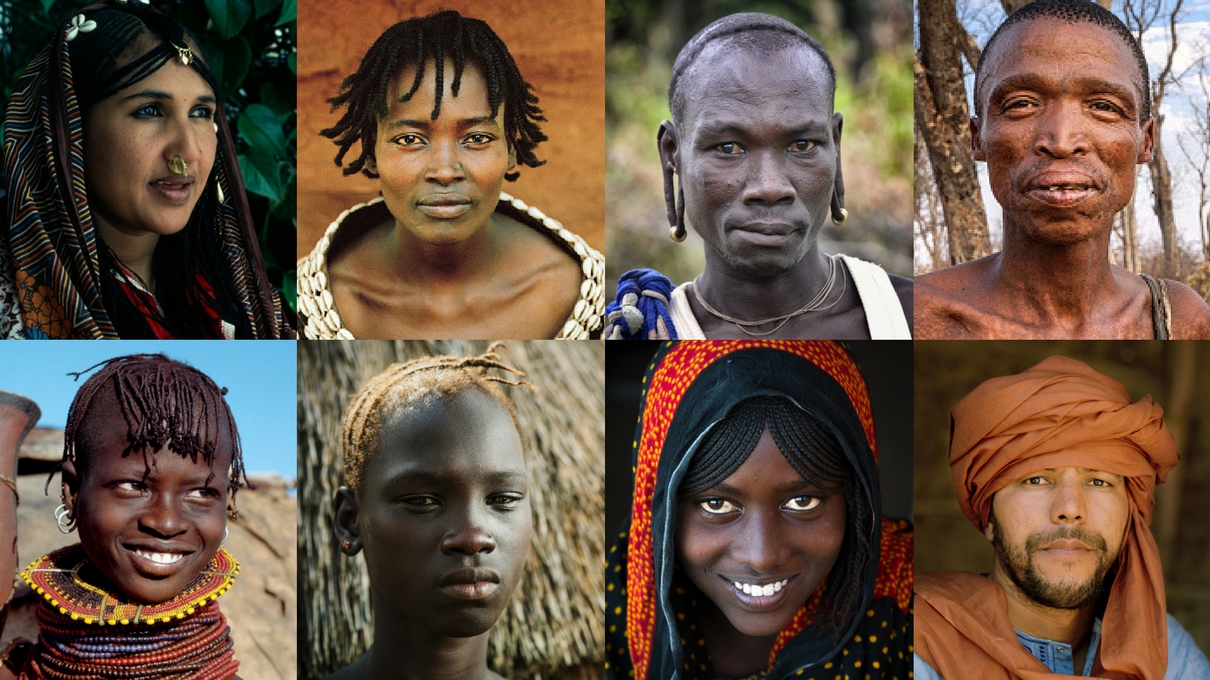
Motheo Koitsiwe developed his passion for indigenous knowledge systems (IKS) research, particularly indigenous astronomy, at a tender age after consuming a lot of stories about the moon and stars.
“This passion was ignited by my late grandmother, Mmamodiagane Tladinyane, when she narrated stories, poems, riddles, songs of African night skies and cosmologies around the fireplace,” he said.
After many years, these oral traditions of storytelling inspired by the cosmos would motivate him to investigate African indigenous astronomy of the Batswana in Botswana and South Africa.
MORE ABOUT THIS
Koitsiwe has so far received Africa’s first PhD in African indigenous astronomy from the North-West University (NWU), South Africa.
He received his degree on October 17 at the campus in Mahikeng, the university announced.
In centuries past, Africans had to rely on the natural world around them to keep track of the time, seasons and directions as there were no timekeeping devices like clocks and mobile phones.
Africans largely made use of astronomy to structure their lives and keep themselves going.
In rural South Africa where people depended on hunting, farming, and harvesting, celestial bodies basically told them when to “till the soil and when the growing season was about to end.”
Koitsiwe’s work, which followed a case study approach in investigating the Batswana, revealed that they “use their indigenous knowledge of celestial bodies for agriculture, reproductive health, navigation, time calculation, calendar making, rainmaking and thanksgiving ceremonies, and for natural disaster management.”
“Traditional songs, poems and indigenous games are also used as vehicles to transmit knowledge of celestial bodies to younger members of the community to preserve it for posterity,” the university wrote.
Prof Mogomme Masoga, who co-supervised Koitsiwe’s doctoral studies, said his student’s thesis has originality and novelty, in other words, it is unique in astronomy.
Koitsiwe, who also holds a BA degree in social sciences, as well as an honor’s and a master’s degree in IKS from the NWU, said he is honored to have completed his Ph.D. at the same university.
At the moment, he plans to translate his thesis into Setswana “so that it not only reflects the aspirations of academia, but the Bakgatla-Ba-Kgafela and Batswana in general.”
Since 2001, the NWU’s campus in Mahikeng has been the pioneer of IKS in South Africa after starting teaching, learning, and research in IKS that year.
“It is the first higher institution of learning in the country to have a registered teaching, learning and research program in IKS, accredited by the South African Qualification Authority (SAQA),” said Koitsiwe.





